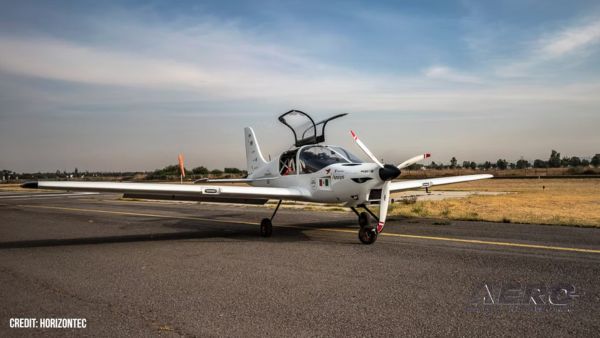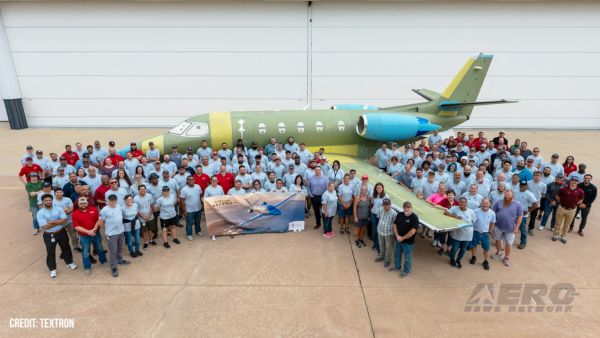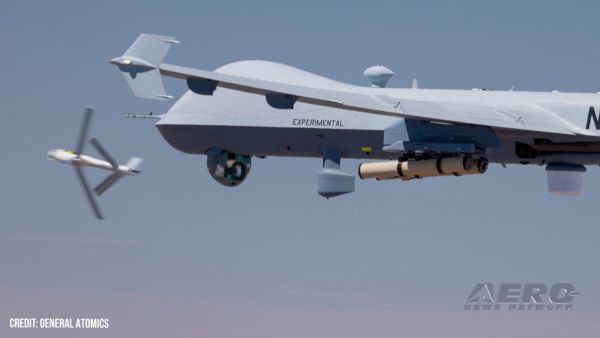Sun, Dec 03, 2006
Advertisement
More News
 NTSB Final Report: Evektor-Aerotechnik A S Harmony LSA
NTSB Final Report: Evektor-Aerotechnik A S Harmony LSA
Improper Installation Of The Fuel Line That Connected The Fuel Pump To The Four-Way Distributor Analysis: The airplane was on the final leg of a flight to reposition it to its home>[...]
 ANN's Daily Aero-Term (09.15.25): Decision Altitude (DA)
ANN's Daily Aero-Term (09.15.25): Decision Altitude (DA)
Decision Altitude (DA) A specified altitude (mean sea level (MSL)) on an instrument approach procedure (ILS, GLS, vertically guided RNAV) at which the pilot must decide whether to >[...]
 Aero-News: Quote of the Day (09.15.25)
Aero-News: Quote of the Day (09.15.25)
“With the arrival of the second B-21 Raider, our flight test campaign gains substantial momentum. We can now expedite critical evaluations of mission systems and weapons capa>[...]
 Airborne 09.12.25: Bristell Cert, Jetson ONE Delivery, GAMA Sales Report
Airborne 09.12.25: Bristell Cert, Jetson ONE Delivery, GAMA Sales Report
Also: Potential Mars Biosignature, Boeing August Deliveries, JetBlue Retires Final E190, Av Safety Awareness Czech plane maker Bristell was awarded its first FAA Type Certification>[...]
 Airborne 09.10.25: 1000 Hr B29 Pilot, Airplane Pile-Up, Haitian Restrictions
Airborne 09.10.25: 1000 Hr B29 Pilot, Airplane Pile-Up, Haitian Restrictions
Also: Commercial A/C Certification, GMR Adds More Bell 429s, Helo Denial, John “Lucky” Luckadoo Flies West CAF’s Col. Mark Novak has accumulated more than 1,000 f>[...]
blog comments powered by Disqus





